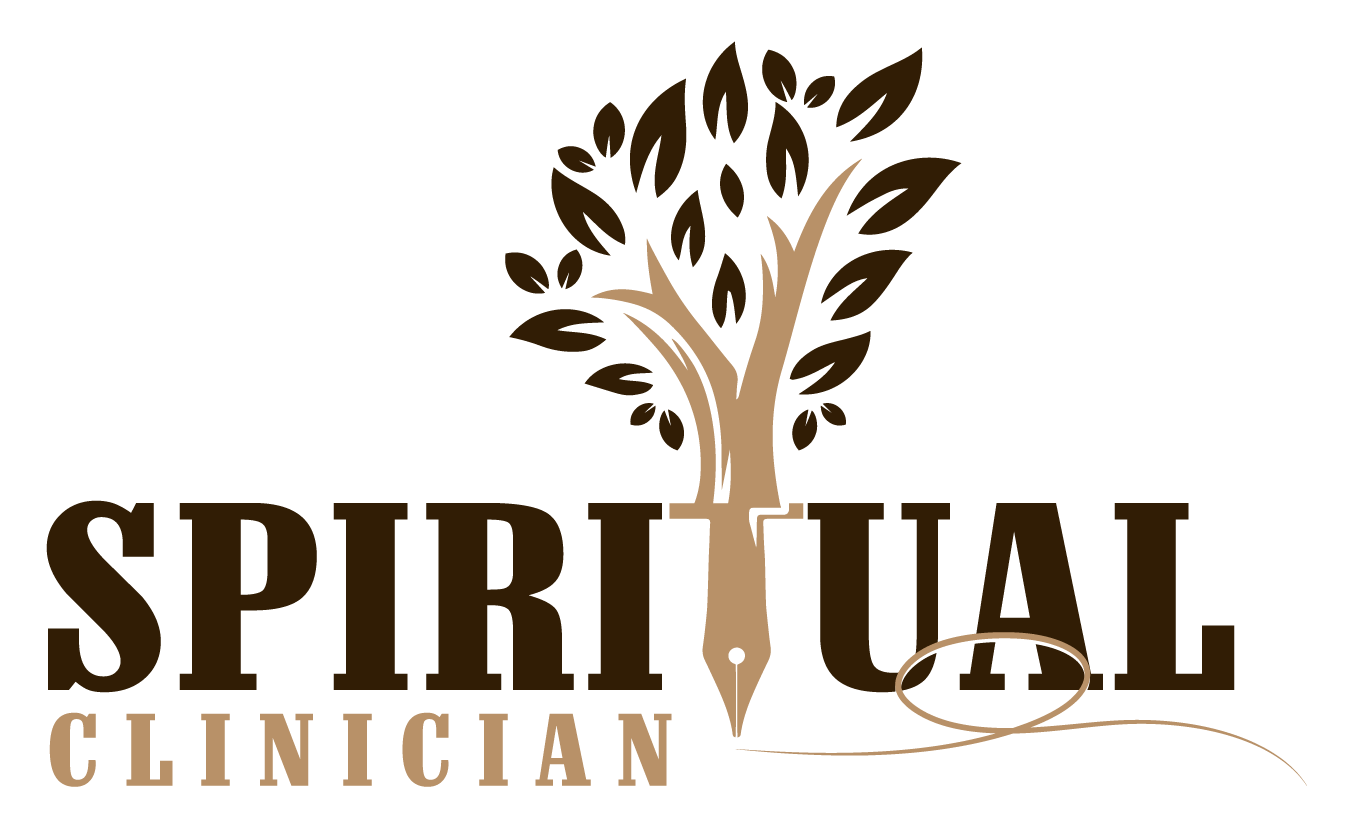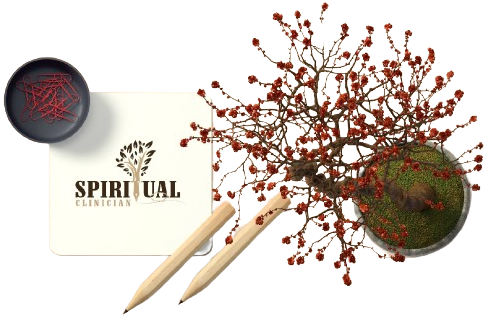Why write about chastity in politics when there is currently so much more to highlight? Is there a parallel between managing your sexually loving behavior while also maintaining integrity with the public as a politician? A few definitions may help pursue that question. Doing so may show why assessing a political candidate’s chastity is relevant to electing them to office, or not. A few definitions may help to start that conversation.
Chastity is the capacity to engage the mystery of sexual loving with integrity, persistently seeking to bring together sex and love and keep them together the best we can. Broader than the traditional understanding of chastity featuring mostly restraint, this definition brings practical sense to the most powerful and uncontrollable spiritual arena of all – falling in love and eventually staying there for periods of time, as long as we can while chasing our bliss.
A mystery is an entity so complex it will never be completely comprehended, cannot be understood at all from outside it, and when engaged continues to unfold endlessly. That describes romance, parenting, friendship, engaging the natural world, communal participation, and many other entities of which human existence is made up. Science merely pecks away at the edges of mysteries. As humans, we swim in a sea of mysteries with which we cope, learn, grow, and remain mostly mystified.
Chastity is living as well as we can with our sexuality and intimate attractions in the pursuit of a measure of bliss. Virtue in general is a set of endowed and acquired convictions, behaviors, and skills that give us direction in the most complex and important decisions we ever face. Virtues are in a sense, all faces of love (or care if you prefer).
We are accustomed to engaging several of these profound entities at once, joggling them in daily life, i..e., running while juggling. Work and family are only two of them. Sexuality, intimacy, and extended family care are the source of several more. The intense pleasure of human sexuality and its pain at the inherent loneliness commands our attention privately, boldly, and relentlessly as we go.
Sex and politics show themselves as intricately entwined in the recent news, around the dramatic behavior of a super-notable ex-president. All of these complexities compel us to find a new take on chastity as background for us all. The parallel between these realities and our own chastity history can be instructive.
Are we as a human race getting any better at arguably the most influential spiritual arena of all, falling in love (or falling for lust)? Yes, I say. Both men and women are better off than we were in the caves. But we have a long way to go to better, longer-lasting, and more satisfying carnal loving relationships.
Eons of evolution have led us to a place where two primary physical configurations that implement reproduction are becoming more and more conscious and hopefully more relationally successful. We are primarily male and female and continue to engage that incomprehensible mystery of duality to make babies, enjoy ourselves, and grow up morally and ethically. In the last few centuries, that process of carnal engagement has also developed expectations in us that romantic engagement as a lifelong process should carry considerable joy, satisfaction, and even bliss.
But the question of where we are in the process of evolution to an eventual comprehensive loving community presents a huge challenge. So far, most romances fail. On average first marriages last about eight years, and second marriages about seven. Experts can’t seem to make much progress with counseling and joint or individual therapy. As one of them once quipped, “Fifty years of psychotherapy and we’re no better off!”
Here is one man’s attempt to describe what goes wrong. There must be millions of reasons for romantic failure. But I’d wager that most of them would fit somewhere in this scenario below, including Donald Trump’s current court challenge. What is chastity in any realistic terms, and why do top politicians need it? Let’s start with a little background context.
There is a flow that women need to be happy with a romantic relationship. This is of course observed, not lived. I’m a man, watching women I know, can ponder about, and appreciate in film and song, and a few whom I adore. Lest I be accused (legitimately) of telling how women should be, I’ll say out front – the following is only a collection of observations, not expectations, advice, or whining. Just opinions of what seems to be. (Gays and Lesbians will need to argue for themselves any differences.)
The flow women need for bits of happiness seems to include emotional connection, felt affection, gentle touch, soft-toned words, enthusiasm from a partner for who they are, what they think, how they look, and when they feel the itch of sexual want. Their skin needs caress for oxytocin to flourish, their eye is tuned to every scrap of emotion that a man hints at by behavior, voice, and face, their delight is often aching to be released by genuine, spontaneous humor, and they constantly seek to share with other women which has sustained them for centuries, (John Gray, When Mars and Venus Collide, Harper 2012).
Women yearn for somebody’s acknowledgment of their sharp, lively, and intuitive minds, and their senses favor any kind of beauty. They are the most magnificent creatures God ever created and most men know they will never see anything more beautiful (including the sky, the ocean, and the starry night!). (Cf. The Venus movie that stars Peter O’Toole, not the cheap ones!)
Country music, statistics, and the women who live at the 55 and older facility where my wife and I have retired, however, signal that women’s happiness generally still limps in the area of romance. Which doesn’t bode well for men.
This brings us to the flow needed by men for successful lives and romantic experiences. It differs immensely from that of women. That difference seems never to be comprehended very fully by either men or women. How could it be? Growing up with a female body is quite different from maturing with that of a man (penis and vagina to be crass). We all need to learn deeply and continuously about one another to succeed. And true to the nature of mystery such learning keeps on changing through the life cycle.
Men need a very different flow. It consists significantly of growing autonomy from boyhood to manhood, which spars with an equal but opposite intense drive of needing attachment, affection, understanding, and successful accomplishment. They (we) feel deeply, maybe as deep as women or deeper. That male emotional stratum is often, however, hidden by whatever we developed to shield us from being misunderstood as boys and adolescents. The pain of being seen as simple (“they only want one thing”, “all are over-sexed pigs”, “self-absorbed, dominating goofs”, etc.) is often submerged by athletics, work, hobbies, and a façade of not needing women. We desperately do, and eventually, most of us realize it. We generally prefer logic over intuition, actions over words, accomplishment over comfort, realism over positivism, and meaning richness over gushy glee.
A Key to “getting” a bit about each one of us men is the natural, unstoppable sexual energy that arises in us every few days. It is there like the need to talk is ubiquitous in women. If we don’t get some kind of sexual satisfaction in about a week or so, our perspective changes. We begin to feel locked out, misunderstood, and edgy, and start to resent our woman partner if we have one, or women in general if we don’t. Women never seem to get this. It seems to them like we are just boys who aren’t getting our way, and should toughen up, grow up and be more like women! Great if we could but we can’t. It is beyond us. We don’t have to act out, but we can’t stop the urge. It is part of our God-given sexuality.
So, what happens if a man or a woman doesn’t enough of get that flow, that complex availability of what we need that often looks like just what we want? How does that dearth affect us? Many have tried to describe this over the centuries. But I can’t resist trying myself anyway.
Women will need to clarify this with honest self-appraisal. But to me (and men in general on some level, I think) women without enough of the “flow” tend to get discouraged, disappointed, and sad. They may then degenerate into being quickly resentful, critical, “bitchy” if you will. They seem to sometimes surprise themselves at how easily they bring up past hurts and anger to a partner and express them bitterly, just short of a slap in the face. They also get anxious without the continuity of the flow, and if extended, depressive, discouraged, and maybe even apathetic, giving up the relationship, relationships in general, and even on life. They may not recognize that this is happening, let alone why.
Men not getting enough of the flow we need can quickly dive into work, at home or the job, or invest excessively in golf, fishing, or any other active hobby that keeps the pain at bay. We can also get resentful and act out, degenerating into domestic abuse, gun violence, and other harmful aggressive behaviors. (We know we are generally superior to women only in physical strength, and more vulnerable to them both verbally and emotionally. (Pardon the stereotype, for those of you who experience men who are highly verbal, articulate, and sharply expressive).
The word chastity’s etymology means “purity”, referring to how love is the primary energy of sexual activity, though raw sexual energy or lustiness seems almost equally essential. Women may be more compelled by “that loving feeling”, and men more by orgasmic experience frequently enough to mostly satisfy their unpredictable and almost unquenchable thirst. But not always. As a female colleague once corrected me, “But sometimes we women just want to jump your bones.” I once described sexual loving as losing control in the orgasmic pursuit of loving satisfaction. An army general turned hospital administrator looked at me dumbfounded and said, “What? I thought it was keeping control we needed!!” Both seem to be true.
Chastity as a virtue pays attention to both one’s own preference and need and preference of a partner. Chastity is gained primarily by informal teaching and learning from one another in life experience. It guides people who are earnestly seeking what is successful for a partner as well as oneself, in the arena of intimate loving. For women that seems to be the emotional depth of connection sometimes confirmed by carnal expression; for men it seems to be an emotional connection that includes frequent enthusiastic carnal expression.
So what about our theme, politics, and character? How does chastity, the capacity to elicit and cultivate the flow of carnal loving for ourselves and participate in it for our sexual opposites, affect a politician’s work and life? The short answer is like the rest of us, except the results have more effect on society and its many faces. Most everybody looks more at the glimpses we get of the sexual and romantic politicians and celebrities than we do at our ordinary peers. Which one of us has millions of people looking at one of our questionable sexual encounters that affect the outcome of a national election?
For that reason, we voters need to make ourselves at least somewhat aware of the kind of chastity existing in all of those who aspire and run to be national political leaders. Not perfectly and comprehensively, but carefully and as openly as possible. Here are some questions and comments that might elicit discussion with political candidates about their grasp of and personal history of chastity.
How would you rate your success so far with intimate loving? Anything more than a single word!?
Have you ever been accused of sexual abuse, assault, or harassment? What was the story? What was the outcome?
How would you talk about the importance of a political leader’s love life to the people (he/she) is representing? To the nation at large? To the next generation of citizens?
What did you learn about yourself or life from your most successful love relationship? From your greatest failure at romance?
Will you tell us about one of the regrets you carry about your love life so far, if any?
Gordon J Hilsman is a retired clinical educator, living with his wife of 44 years in the Pacific Northwest, and author of the book Assessing the CHARACTER of Candidate for National Political Office: In Search of a Collaborative Spirit. He can be reached at [email protected] or soon at www.spiritualclinician.com or www.gordonjhilsman.com.


